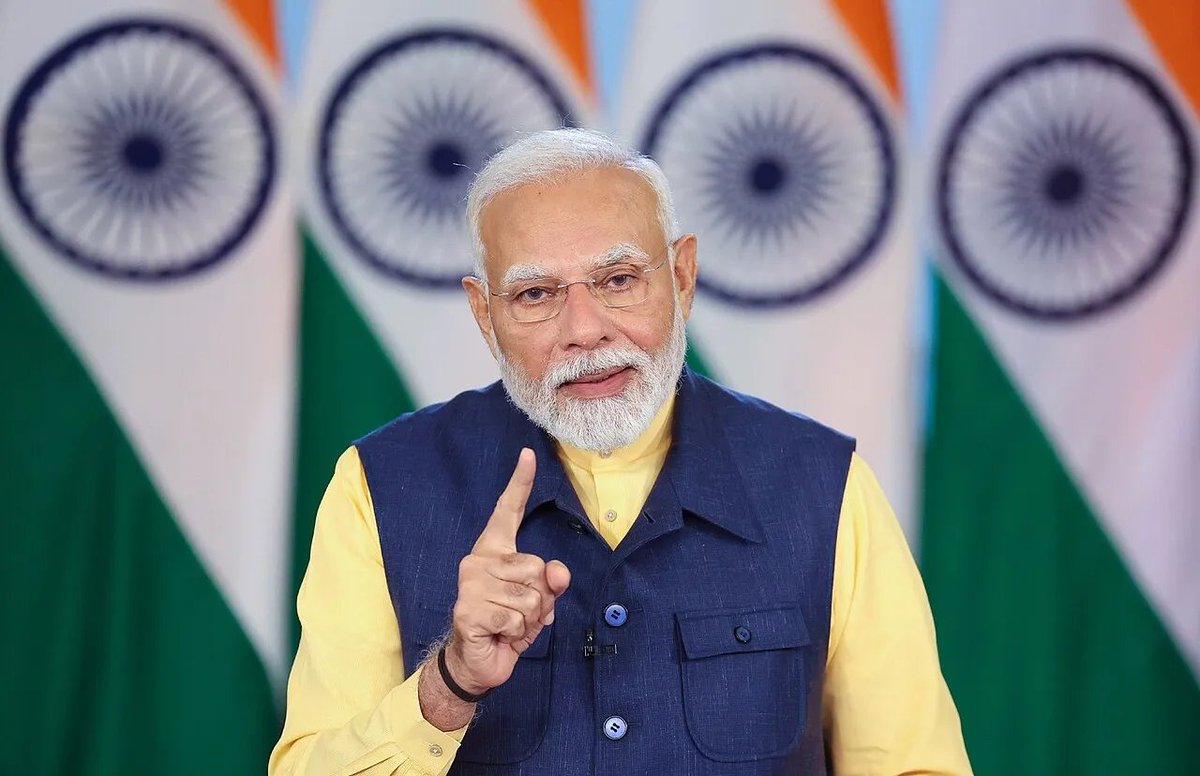After the 2022 Russian invasion of Ukraine, U.S. and EU sanctions aimed to collapse the Russian economy.
The sanctions have failed primarily because of China's vast, increasingly advanced manufacturing base.
Read the new @bismarckanlys Brief here:
1/nbrief.bismarckanalysis.com/p/sanctions-on…
The sanctions have failed primarily because of China's vast, increasingly advanced manufacturing base.
Read the new @bismarckanlys Brief here:
1/nbrief.bismarckanalysis.com/p/sanctions-on…
In April 2022, both the IMF and S&P Global forecasted an 8.5% annual decline in Russia's GDP.
Biden administration officials predicted that, due to the sanctions, Russia would go back to "Soviet style living standards from the 1980s."
This has obviously not happened.
2/n


Biden administration officials predicted that, due to the sanctions, Russia would go back to "Soviet style living standards from the 1980s."
This has obviously not happened.
2/n

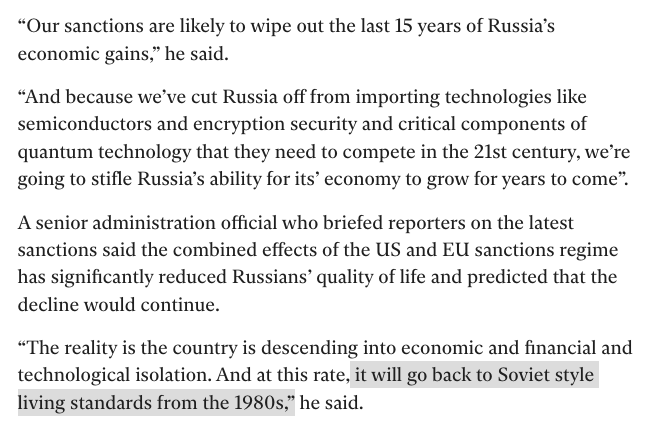
Instead, Russia has become a rare live experiment in whether a major country can replace its reliance on the industrial bases of the U.S.-aligned world of North America, Europe, Japan, and South Korea with the industrial base of China.
So far, the answer seems to be yes.
3/n
So far, the answer seems to be yes.
3/n
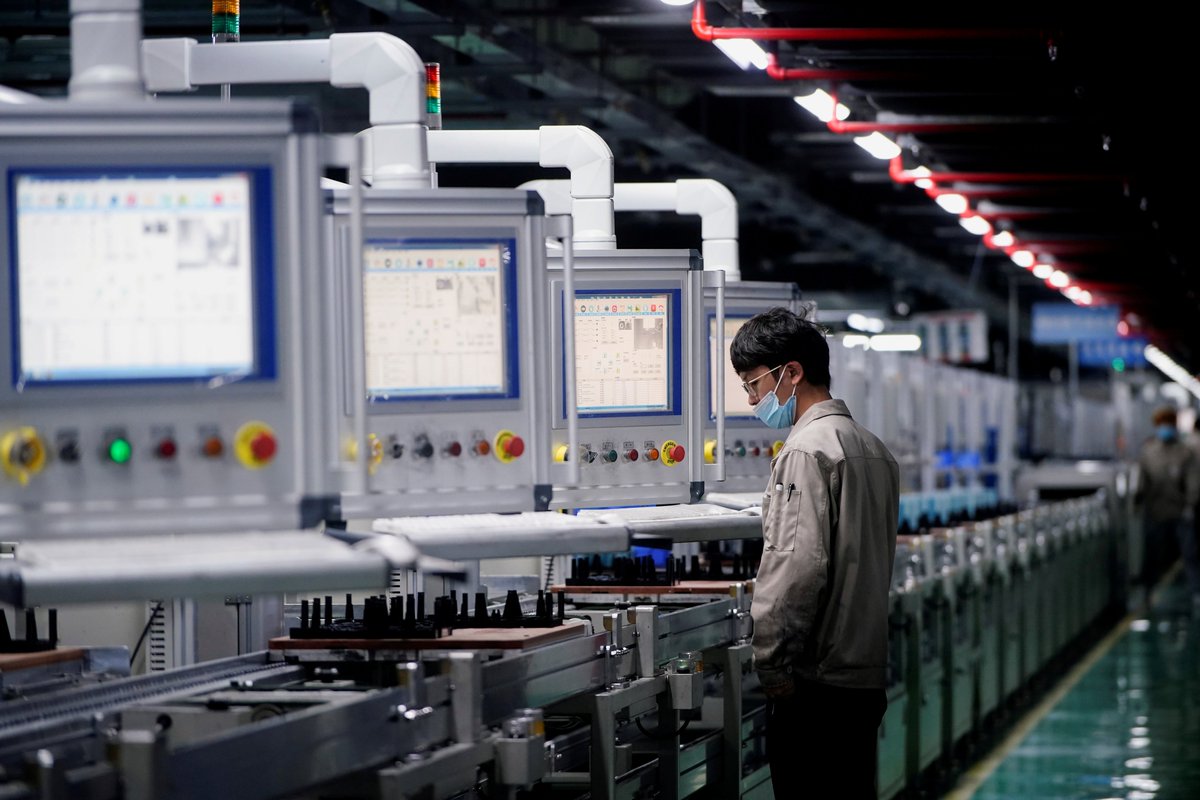
Russian imports of Chinese goods have risen across nearly every category, including advanced manufactured goods, and Chinese companies have become market leaders in Russia.
Chinese exports to Russia are up 121% since 2021, compared to 29% with the rest of the world.
4/n
Chinese exports to Russia are up 121% since 2021, compared to 29% with the rest of the world.
4/n
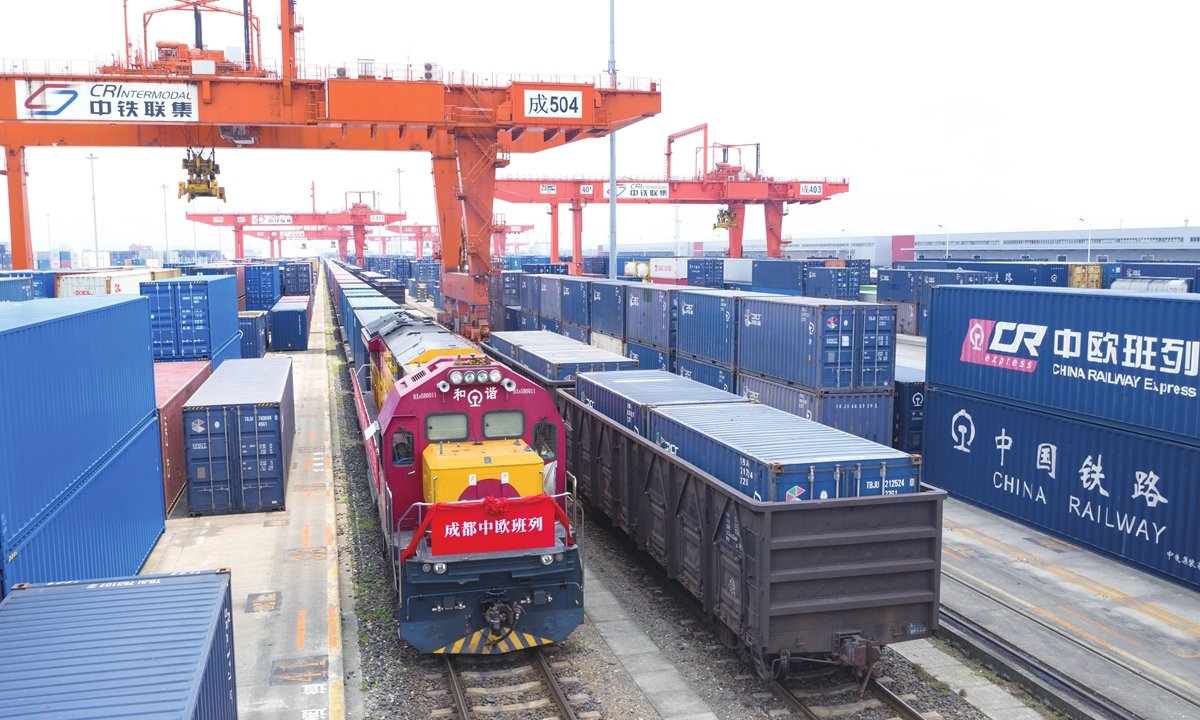
Specific categories show a stark picture:
Chinese car imports grew 8x, tractors 50x, trucks 9x. Household appliances are up 50% or more.
Chinese cars are now 55% of the Russian market, up from 8% in 2021. Chinese smartphone brands are now 70-95% of the Russian market.
5/n
Chinese car imports grew 8x, tractors 50x, trucks 9x. Household appliances are up 50% or more.
Chinese cars are now 55% of the Russian market, up from 8% in 2021. Chinese smartphone brands are now 70-95% of the Russian market.
5/n
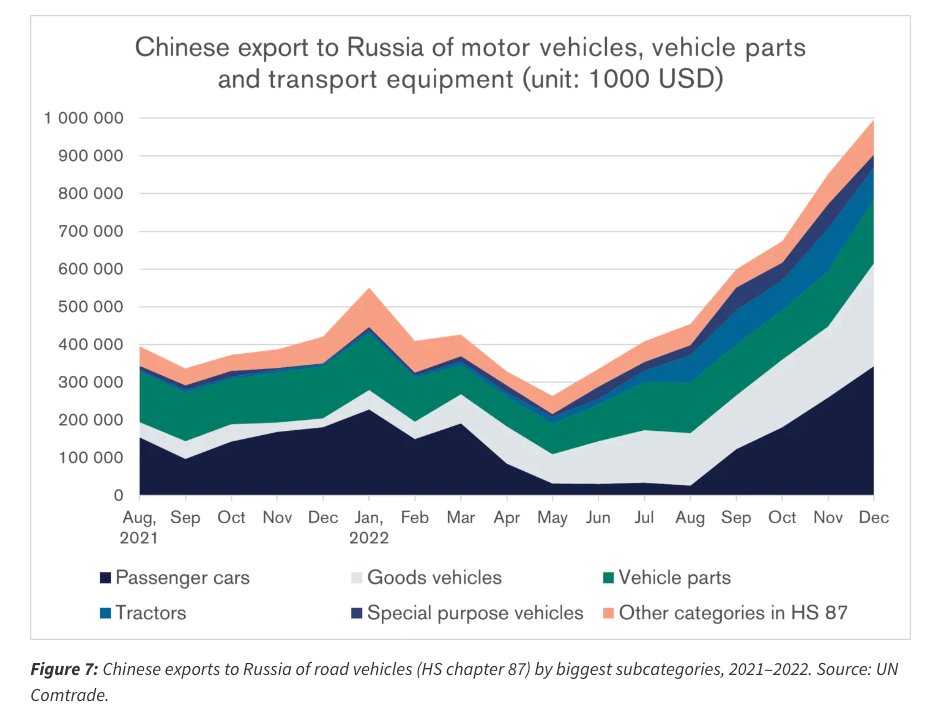
Exports of chemicals, plastics, rubber, even footwear and clothing—all have grown, some by nearly half.
Exports of goods and components needed in military manufacturing, like ball bearings, optics, ceramics, drones, computer chips, and alumina have also all grown.
6/n
Exports of goods and components needed in military manufacturing, like ball bearings, optics, ceramics, drones, computer chips, and alumina have also all grown.
6/n
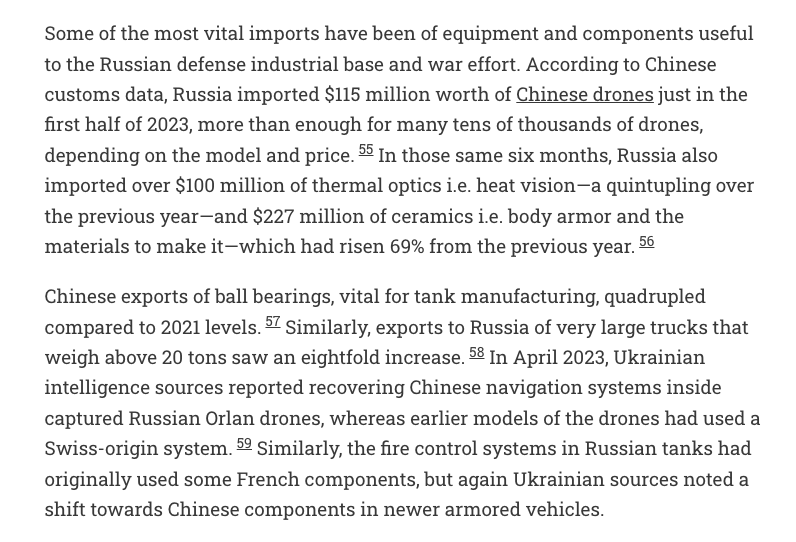
Russian trade with both China and the U.S.-aligned world continues to be underestimated due to vast sanctions evasion.
Global trade statistics are now replete with comically suspicious figures, such as that Kyrgyzstan has increased ball bearing imports from China by 2500%.
7/n
Global trade statistics are now replete with comically suspicious figures, such as that Kyrgyzstan has increased ball bearing imports from China by 2500%.
7/n

Russia's technocrats underestimated the severity of sanctions, but had been preparing for them for years.
Russia has rolled out its own domestic replacements for Visa/Mastercard and SWIFT. Financial engineering has blunted the impact of financial sanctions.
8/n


Russia has rolled out its own domestic replacements for Visa/Mastercard and SWIFT. Financial engineering has blunted the impact of financial sanctions.
8/n


But at the end of the day, technocratic preparation or sanctions evasion would not have saved the Russian economy and war effort if there was no way to acquire key manufactured goods and components for both consumer and military uses.
China made the difference.
9/n
China made the difference.
9/n

China offers a vast, increasingly sophisticated, full-stack alternative manufacturing base.
Because of this Western sanctions cannot collapse an economy by denying it modern goods and technology, but only increase its dependence on China, so long as China is willing.
10/n
Because of this Western sanctions cannot collapse an economy by denying it modern goods and technology, but only increase its dependence on China, so long as China is willing.
10/n
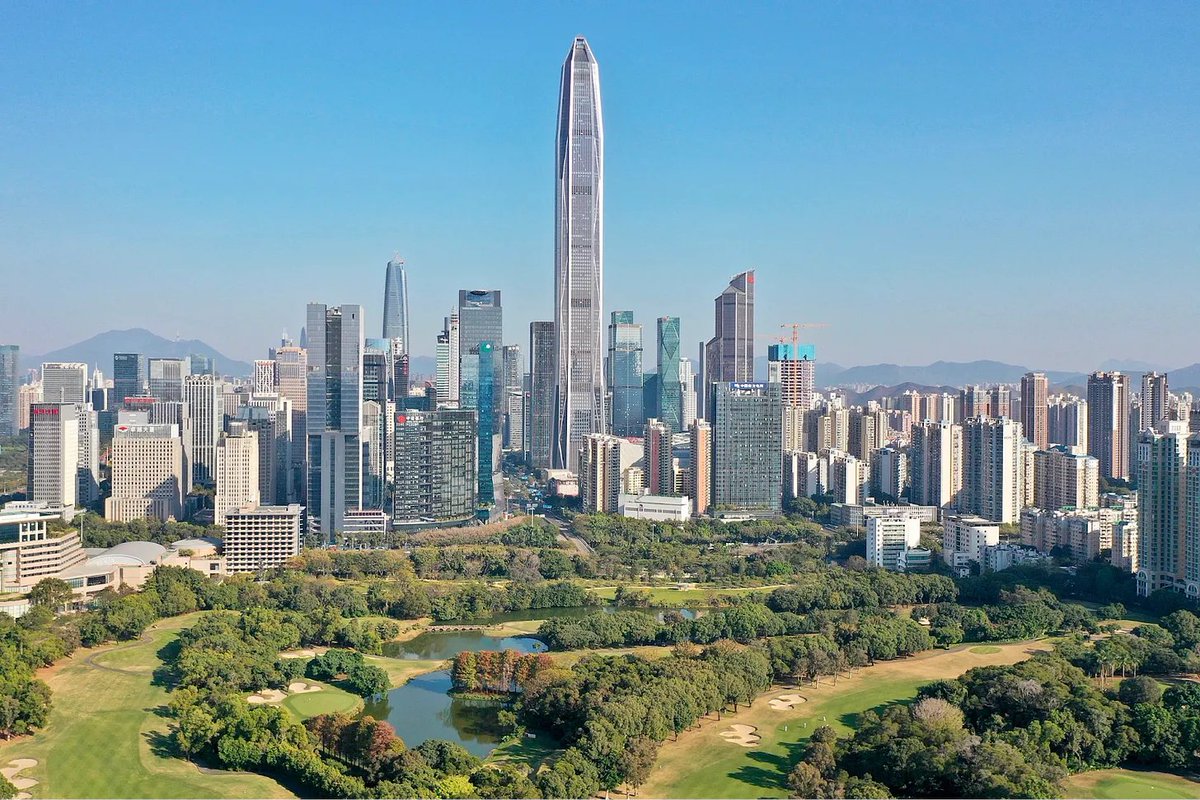
Such an alternative did not exist as recently as 2008. But it exists enough now, apparently, to stabilize a wartime economy with 150 million people.
In aerospace or high-end chips, China is not yet a perfect substitute. But its sophistication will only grow in the future.
11/n
In aerospace or high-end chips, China is not yet a perfect substitute. But its sophistication will only grow in the future.
11/n
To read the full analysis of sanctions on Russia and Chinese manufacturing, subscribe to Bismarck Brief here:
We invite you to subscribe and join us on this ongoing exploration into the global power landscape.brief.bismarckanalysis.com/subscribe
We invite you to subscribe and join us on this ongoing exploration into the global power landscape.brief.bismarckanalysis.com/subscribe
• • •
Missing some Tweet in this thread? You can try to
force a refresh


